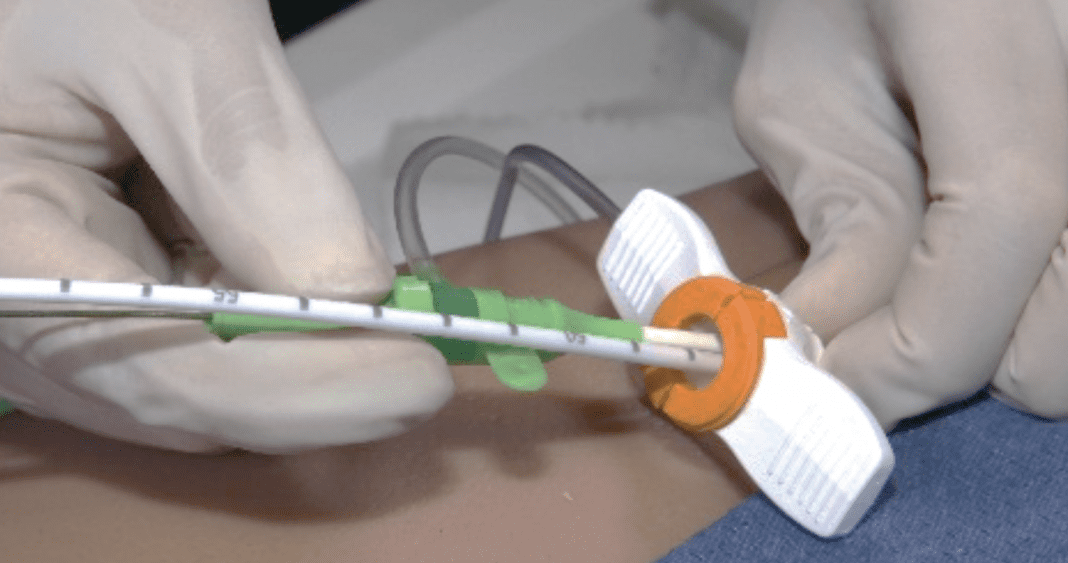March 5, 2021
Following consultation with its notified body, MEDCERT GmbH, Abiomed is introducing the single access procedure with Impella CP introducer sheaths for the treatment of heart disease in Europe.
At Abiomed’s European headquarters in Aachen, Germany, Impella heart pumps have been developed and produced for more than 20 years to stabilize and recover the human heart. The single access procedure enables the treating physician not only to place Impella heart pumps in the ventricle via the 14 French Impella CP introducer sheaths, but also to insert other catheters and introducer sheaths. Thus, cardiac interventions such as percutaneous coronary interventions can also be performed via the 14 French Impella CP introducer sheaths.
The single access procedure is already practiced in the U.S., where it was incorporated into Impella CP’s U.S. labeling in January 2020. The confirmation given by MEDCERT GmbH for the single access procedure now gives cardiologists in Europe the option of performing interventional treatments for severe cardiac diseases via just one access site. This method may be beneficial for patients with limited vascular access and may reduce potential complications using only one access site.
As a notified body, MEDCERT GmbH is an organization designated by Germany, as an EU member state, to determine whether medical devices comply with European directives and regulations. MEDCERT GmbH has now confirmed to Abiomed that the single access procedure is possible in Europe as well.
More than 170,000 patients worldwide have been treated with Abiomed’s small Impella heart pumps. Impella heart pumps promote heart recovery by taking over partial or full pump function of the heart, depending on the pump type, and relieving the ventricle, thereby supporting blood circulation, stabilizing patients’ hemodynamics and improving blood supply to end organs. In this way, Impella heart pumps can promote the regeneration of the heart muscle, and enable patients to enjoy an improved quality of life. The heart pumps are used in emergency medicine as well as in complex coronary interventions.
